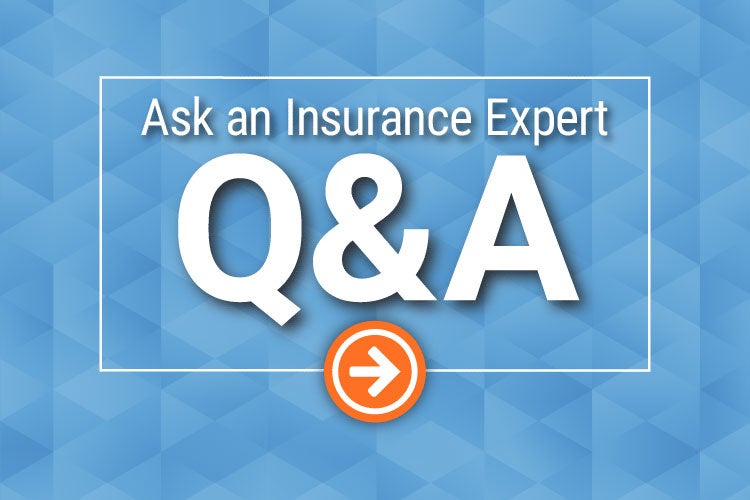
Table of Contents
Is New Jersey a no-fault state?
What other states are no-fault states?
Why is New Jersey a no-fault state?

Is New Jersey a no-fault state?
I recently moved to New Jersey and I'm shopping for car insurance. I've heard that New Jersey is a "no-fault" state when it comes to auto insurance. What does that mean for me? And how does it impact the type of New Jersey car insurance that I need?

You’re correct. New Jersey is a no-fault insurance state. This means that if you’re in a car accident, your car insurance company will pay for your injuries (or the injuries of anyone else covered by your policy) regardless of who is at fault for the accident. With no-fault auto insurance, drivers also give up some of their rights to sue the at-fault driver for additional damages.
In order to cover your injuries and other out-of-pocket costs related to an accident, you must purchase a New Jersey auto insurance policy with personal injury protection (PIP) coverage. PIP will reimburse you for your expenses up to the limits of your policy, including:
- Coverage for medical treatment and equipment from doctors, hospitals, and other healthcare providers
- Coverage for lost wages or additional expenses incurred to care for your home or family because of your injuries
If the at-fault driver has an insurance policy that includes bodily injury liability coverage, his or her policy would pay for your expenses first up to the limits of the policy. Then your PIP coverage would kick in to cover any remaining medical expenses.
Keep in mind that your PIP coverage does not cover additional monetary damages (e.g., pain and suffering) beyond your direct medical expenses.

What other states are no-fault states?

There are several no-fault insurance states in the US. Drivers in these states are required to purchase personal injury protection in order to cover their own injuries and losses, regardless of who is at fault for an accident. In addition to New Jersey, the following are no-fault states:
- Florida
- Hawaii
- Kansas
- Massachusetts
- Pennsylvania
- Puerto Rico
- Utah
Each no-fault state operates under different regulations and statutes, so the auto insurance requirements and rules for who pays under what circumstances will vary depending on the state.

Why is New Jersey a no-fault state?

The goal of New Jersey’s Automobile Insurance Cost Reduction Act of 1998, which made it a no-fault state, was to reduce the cost of auto insurance for most drivers by preventing most accident injury cases from languishing in the court system and resulting in exorbitant “pain and suffering” awards for injured parties.
The statute is also designed to allow injured drivers and passengers to receive compensation for injuries and lost wages faster than they would under an at-fault system.
As a New Jersey driver, you can choose from two types of car insurance policies that impact your ability to sue the at-fault driver for additional damages. Under a “basic” New Jersey car insurance policy, medical expenses and other economic losses incurred by anyone covered under your policy will be paid after a car accident up to the limits of your PIP coverage, regardless of who was at fault.
Under a basic policy, you are also bound by a “limited right to sue.” This means that you can only sue the at-fault driver if the accident caused:
- Loss of a body part
- Significant disfigurement
- Significant scarring
- A displaced fracture
- Loss of a fetus
- Permanent injury (meaning the affected body part has not healed to allow normal function, and is not expected to), or
- Death
Under these specific circumstances, you’d have the right to sue the at-fault driver for “pain and suffering” and other economic damages that are not covered under your own PIP.
You can instead purchase a “standard” New Jersey car insurance policy that allows you to choose between a “limited right to sue” and an “unlimited right to sue” provision. Under an “unlimited right to sue” standard policy, your rights to hold the at-fault driver responsible for your pain and suffering are restored.
You can also add bodily injury liability coverage to either a basic or a standard New Jersey auto insurance policy. This protects you if you are sued for additional damages not covered under your PIP under one of the above circumstances.
A local independent insurance agent can explain all of your New Jersey auto insurance options and help you choose the policy and coverage amounts that best suit your needs.
Article Reviewed by | Paul Martin
https://iii.org/
© 2025, Consumer Agent Portal, LLC. All rights reserved.